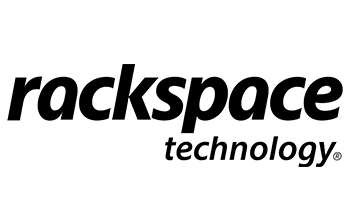Mobile Applications
Native mobile application is the kind of app in which it is created and developed for a specific type of device platforms such as Android or IOS, using a specialized coding language.
Web applications are software applications that carry on correspondingly to native mobile applications and work on mobile devices. Web applications use browsers to run, and they are generally written in CSS, HTML5, or JavaScript. Such apps redirect the client to the URL and afterward offer them the choice to introduce the application.
Hybrid applications combines the advantages of mobile web and native app. It is built using HTML, CSS, and Javascript, running on mobile WebView. However, the Hybrid App can still take advantage of the device’s features like capture, GPS, vibration, etc.
Cross-Platform applications, The purpose of these cross-platform apps is to solve the hybrid performance problem and the cost problem when writing a variety of native languages for each mobile platform.

- Business Applications
- Mobile Gaming Applications
- M-Commerce Applications
- Productivity Applications
- Travel Applications
- Educational Applications
- Lifestyle Applications
- Entertainment Applications
- Utility Applications
- Social Media Applications
Our Development Approaches
Cross-Platform Applications
Cross-platform native mobile applications can be written in variety of different programming languages and frameworks, but they are compiled into a native application running directly on the operating system of the device.
Hybrid-Web Applications
Hybrid mobile applications are built with standard web technologies - such as JavaScript, CSS, and HTML5 - and they are bundled as app installation packages. Contrary to the native apps, hybrid apps work on a 'web container' which provides a browser runtime and a bridge for native device APIs via Apache Cordova.
Progressive Web Applications
PWAs offer an alternative approach to traditional mobile app development by skipping app store delivery and app installations. PWAs are web applications that utilize a set of browser capabilities - such as working offline, running a background process, and adding a link to the device home screen - to provide an 'app like' user experience.












